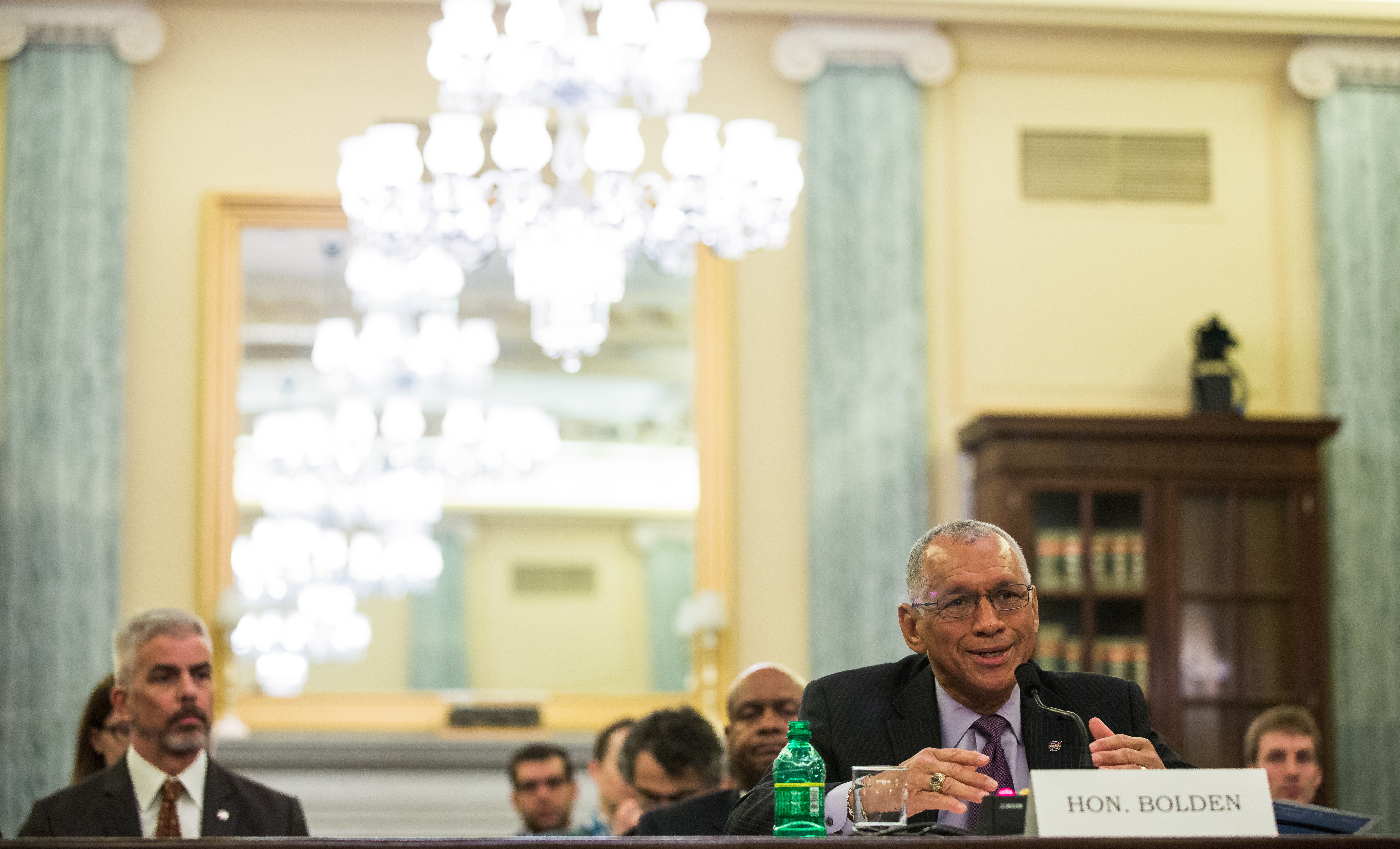Google has been famously testing out their version of a driverless car. The company wants to transform transportation by taking the driver out of the equation.
Driverless cars will be able to shuttle people from place to place while reducing the human error that is often the catalyst for road accidents.The California Department of Motor Vehicles recently made a proposal of rules for driverless cars. These new rules were presented for public commentary in mid December of 2015. The DMV wants to involve the public and will be hosting two workshops early in 2016, one in Sacramento and the other in Los Angeles.This proposal draft is the next step in allowing driverless cars on California roads. But Google is unhappy about one of the provisions.
The regulators are calling for the manufacturers of driverless cars to meet several safety and performance standards. These include things such as protecting the privacy of operators from the needless collection of user data and having a third party independently access performance. The rules also call for a licensed human driver, capable of taking over the steering wheel and pedals in the event of an emergency. The problem is that Google’s prototype for a driverless car does not have a steering wheel or pedals.
Google’s maintains that it wants to improve safety by equipping the car itself with protocols that surpass what a human could detect. For instance their cars have sensors that detect objects as far as two football fields away–in all directions. The state of California is looking at the broader aspect of autonomous cars, and remains more conservative on the issue. They have warned Google in the past to add steering wheels and pedals. California legislators pushed The DMV to require that driverless cars contain wheels and people to steer them whenever they’re operated on public roads.
Google is disappointed that California legislators are limiting the potential of fully autonomous vehicles, the company said. Although the company is still in the prototyping phase where changes can easily be made, it is still a setback.
Article via TechNewsWorld, 18th December 2015
Photo:Auto che guidano da sole. Forse non le vedremo mai sulle nostre strade by Automobile Italia [Creative Commons Attribution-NonCommercial-NoDerivs]





